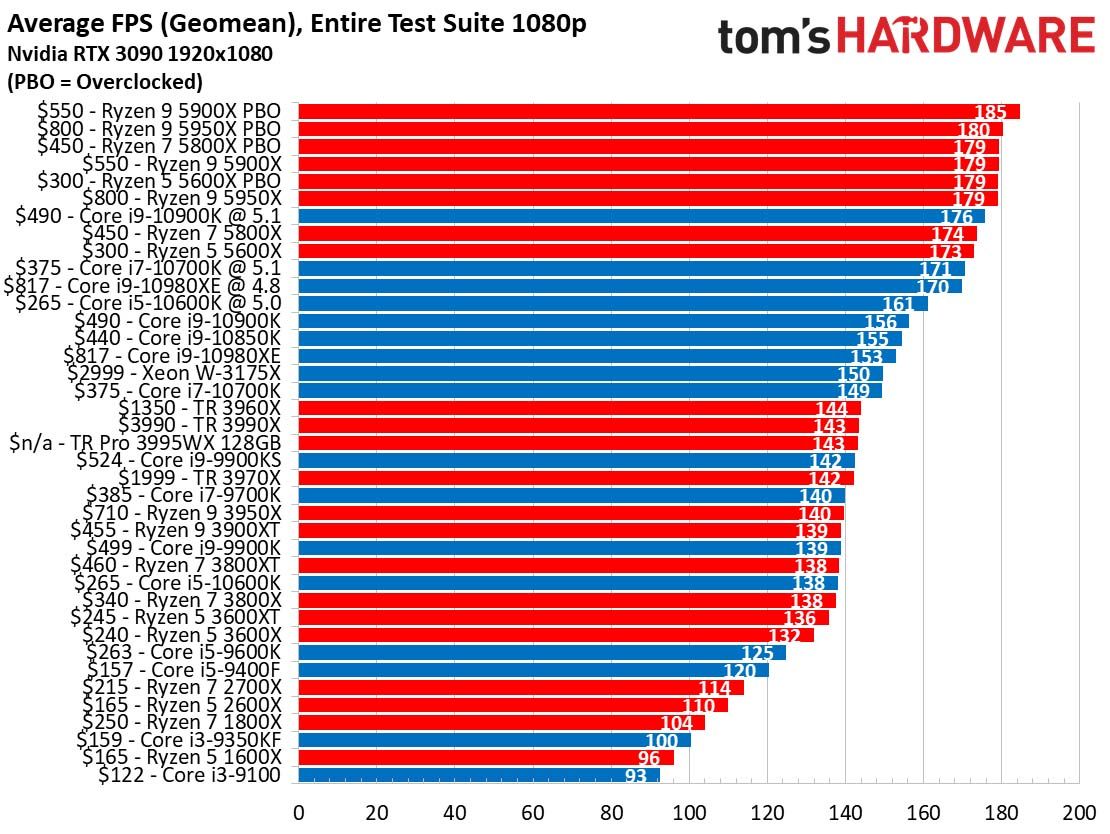

Old question (with no selected answer yet 😱)īut I recently was looking for a tool available in multiple "distros" (Termux not really being a distro) including Ubuntu, and while the above mentioned packages are a common good choice, I read here: that 7-zip has a built-in benchmarking tool! And 7zip can be found in nearly every distros repository. Stress-ng: info: 0 Alignment Faults 0.00 sec Stress-ng: info: 0 CPU Migrations 0.00 sec 6 Useful Linux Apps to Stress Test and Benchmark CPU Performance HardInfo (Benchmark Only) Sysbench (Benchmark Only) Stress (Stress Test Only) Stress-ng (. Stress-ng: info: 220 Context Switches 3.67 sec WinZip provides an intermediate performance at 15,5 seconds. Stress-ng: info: 0 Page Faults Major 0.00 sec 7-Zip, Bandizip and Winrar are tightly packed around very similar performances of 17 seconds, while PeaZip fast drag and drop implementation shows a clear performance advantage in this scenario completing the extraction in 13,6 seconds. Stress-ng: info: 8,532 Page Faults Minor 142.19 sec
#Benchmark cpu terminal windows
(Alternatively, right-click on the Start button or press Windows key + X and from the Power User menu select Run) 2.

Stress-ng: info: 157,689,508,544 Branch Instructions 2.63 B/sec Launch the Run command on your system by pressing Windows key + R on your keyboard.

Stress-ng: info: (secs) (secs) (secs) (real time) (usr+sys time) Stress-ng: info: stressor bogo ops real time usr time sys time bogo ops/s bogo ops/s Stress-ng: info: successful run completed in 60.00s (1 min, 0.00 secs) To benchmark, for example, matrix product for 60 seconds on 4 CPU threads, use: stress-ng -cpu 4 -cpu-method matrixprod -metrics-brief -perf -t 60 To see the cpu related stress methods use: stress-ng -cpu-method which Los test sintéticos que probaremos apenas hacen uso de CPU, pero en benchmarks de juegos sí se suele tirar de CPU también, así que hay que diferenciar entre ambas herramientas.
#Benchmark cpu terminal install
Install using: sudo apt-get install stress-ng The cpu stress test contains many different CPU stress methods covering integer, floating point, bit operations, mixed compute, prime computation, and a wide range of computations. It has a CPU stress test as one of the many stress tests built into the tool.


 0 kommentar(er)
0 kommentar(er)
